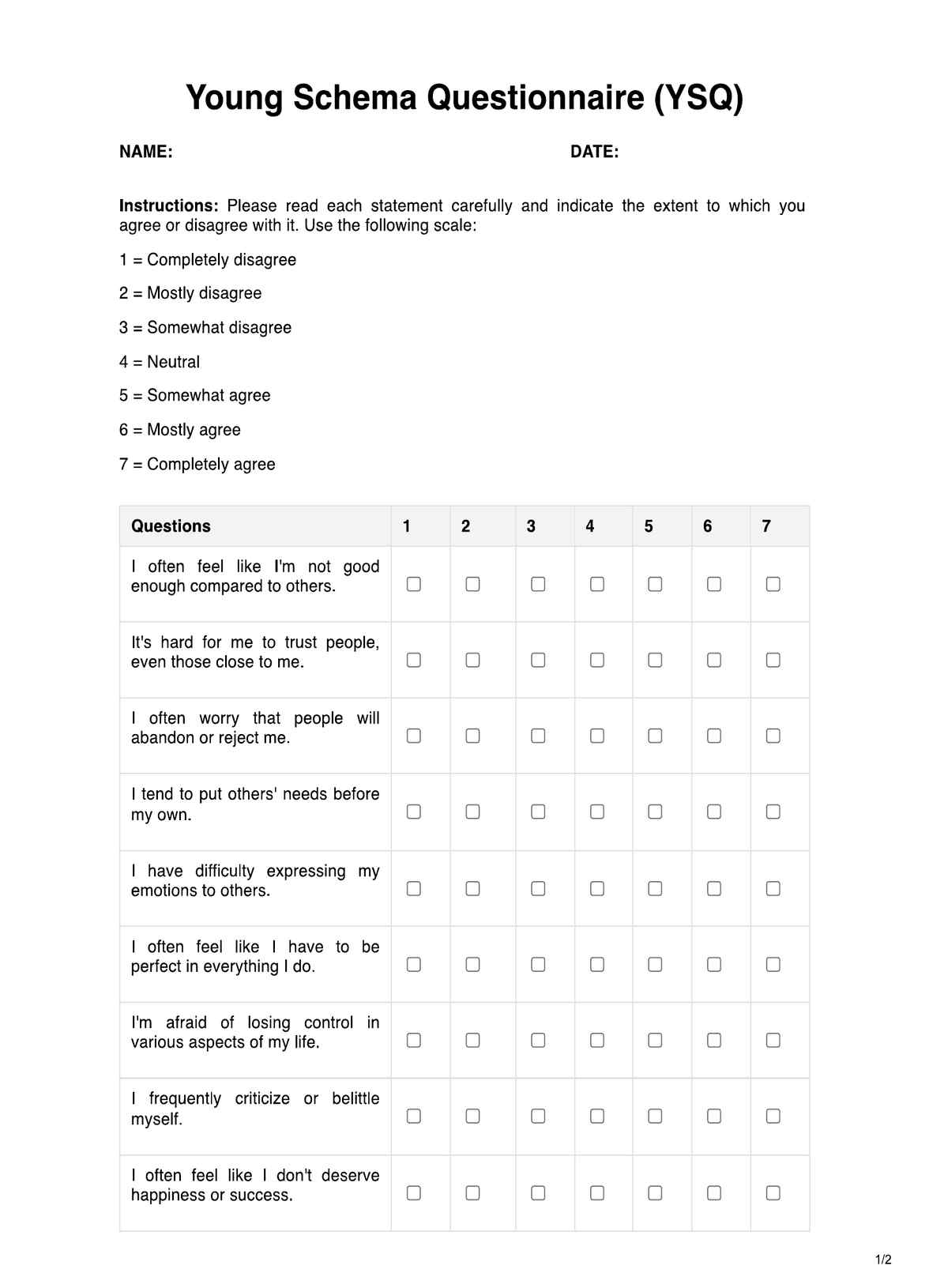It is recommended for individuals displaying Zika-like symptoms, especially if they have traveled to or reside in areas with active Zika transmission or for pregnant individuals with possible exposure.

Zika Virus
Get accurate Zika Virus Test results swiftly. Reliable healthcare for diagnosing Zika with precise testing methods. Learn more.
Use Template
Zika Virus Template
Commonly asked questions
Symptoms include fever, rash, joint pain, conjunctivitis, muscle pain, and headache. In pregnant individuals, Zika virus infection may lead to birth defects.
The test involves collecting blood (serum or plasma) and urine samples. These are then analyzed in specialized laboratories using molecular (detecting the virus's genetic material) and serologic (detecting antibodies) tests.
EHR and practice management software
Get started for free
*No credit card required
Free
$0/usd
Unlimited clients
Telehealth
1GB of storage
Client portal text
Automated billing and online payments











